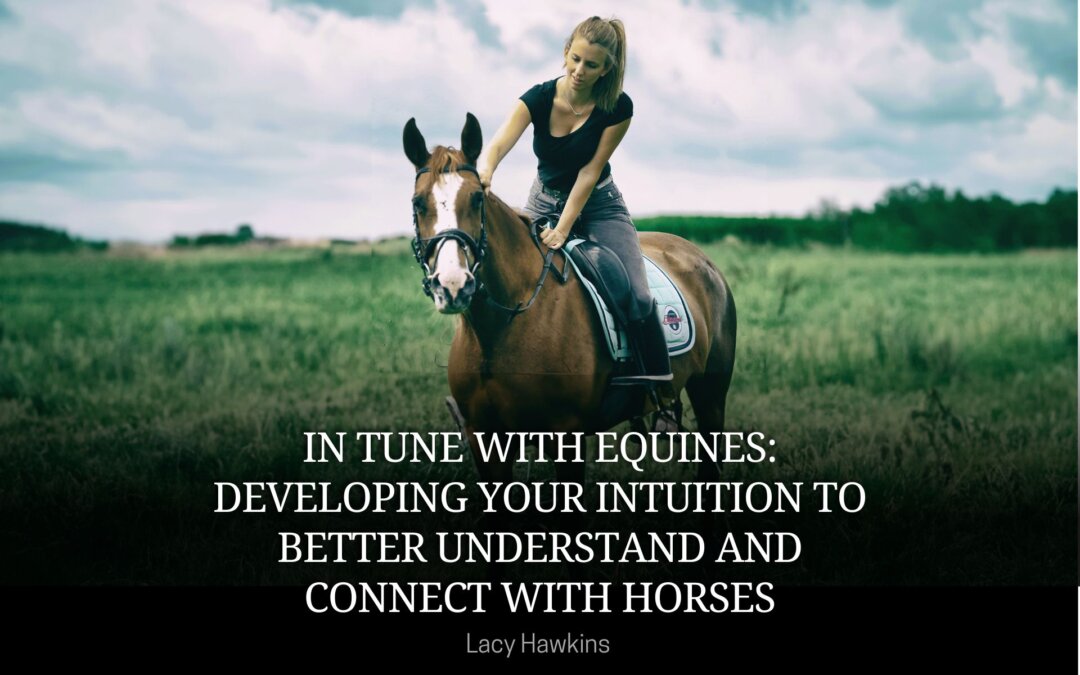The bond between a horse and its rider is often described as a unique and special connection. Beyond the physical cues and commands, a deeper level of understanding and communication goes beyond words. This level of connection is built upon intuition – the ability to sense and respond to the subtle cues and emotions of the horse.
The Language of Equines
Horses communicate through body language, energy, and emotions. Understanding this non-verbal language is the key to forging a deep bond with your equine partner.
Observation: Pay close attention to your horse’s body posture, facial expressions, and movements. Notice the position of their ears, the tension in their muscles, and the direction of their gaze. These cues can reveal their emotions and feelings.
Energy Awareness: Horses are incredibly sensitive to energy. Practice being mindful of your own energy and emotions when interacting with your horse. A calm and positive energy can help create a sense of trust and relaxation.
Empathy: Put yourself in your horse’s shoes (or hooves). Try to understand the world from their perspective. How do certain environments, situations, or interactions make them feel? Developing empathy can deepen your connection and enhance your ability to meet their needs.
Developing Your Equine Intuition
Quiet Mind: Find moments of stillness and quietude before and during your interactions with your horse. A calm mind can help you better tune into their subtle signals.
Grounding: Connect with the earth beneath you to create a strong foundation. Grounding can help you establish a deeper connection with your horse and enhance your ability to pick up on their cues.
Mind-Body Connection: Be aware of your own body while with your horse. Notice how your body language and movements impact your horse’s responses. Develop a synergy between your mind, body, and emotions.
Building Trust and Connection
Patience: Trust and connection take time to develop. Be patient and allow your horse to get to know you at their own pace.
Consistency: Create a routine and stick to it. Consistency helps horses feel secure and builds a sense of predictability.
Positive Experiences: Focus on positive interactions and experiences. Whether it’s a rewarding grooming session or a relaxing trail ride, these moments build positive associations with you.
Listening to Your Equine Partner
Responsive Riding: Pay attention to your horse’s feedback while riding. Are they tensing up? Are they relaxed? Adjust your cues accordingly.
Instinctive Bond: Trust your gut feelings when working with your horse. Your intuition can guide you toward understanding their needs and emotions.
Developing intuition with horses involves active observation, empathy, and a deep understanding of their non-verbal language. You can build a stronger and more profound connection with your equine partner by honing your ability to sense their emotions, energy, and needs. Through a blend of mindfulness, empathy, and consistent positive experiences, you’ll find yourself in tune with your horse in ways that transcend words and commands. This intuitive connection can lead to a more harmonious and rewarding partnership, enriching your lives and equestrian journey.
